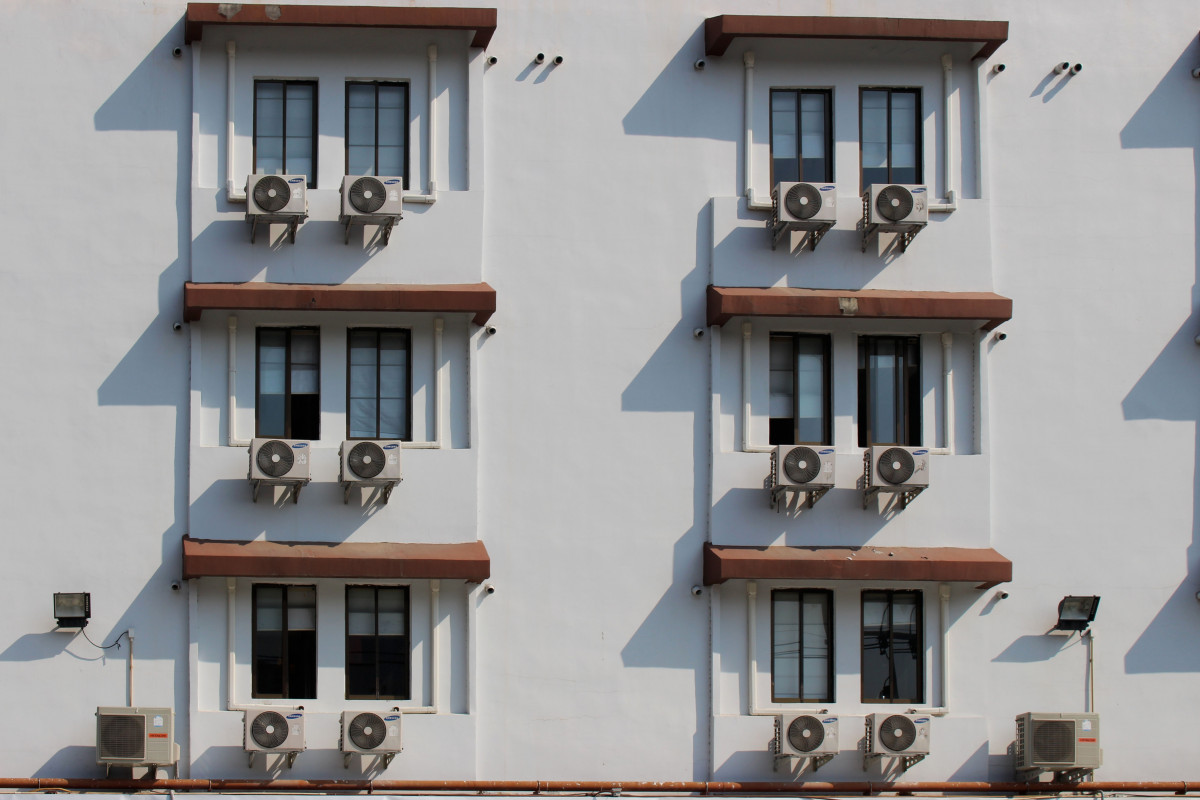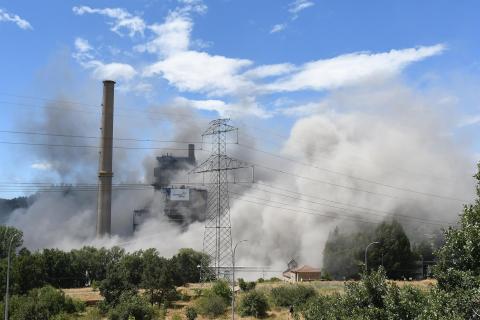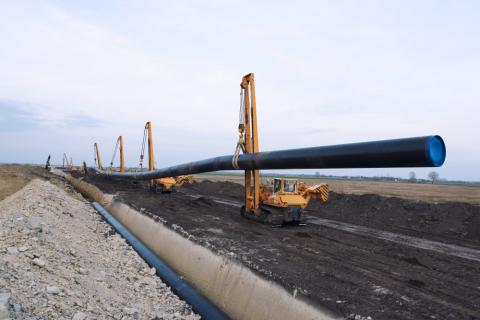Reactions to a model of energy use reduction for higher-income households
Capping the consumption of European households who consume most energy - those with the highest incomes and education levels - could achieve "considerable emissions reductions", according to a UK research team. This benefit could also be achieved by simultaneously increasing the consumption of the poorest and most vulnerable users. The analysis, published in Nature Energy, estimates that limiting the energy use of the top 20 % of consumers in 27 countries in Europe would reduce emissions from domestic energy consumption by 11.4 %, 16.8 % from transport, and 9.7 % from total energy consumption. The article states that the association between high income and high energy consumption is particularly strong in countries such as Spain, where income inequality is relatively high.

Roberto Barrella - energía ricos
Roberto Barrella
Researcher at the Chair of Energy and Poverty at Comillas Pontifical University
This study published in Nature Energy is of good quality, both in terms of its methodology, time scope (2020-2050) and geographical range (27 European countries), as well as its analysis of alternative scenarios.
The use of pan-European surveys such as the Household Budget Survey (HBS) and Exiobase 3.7 supports the validity of the conclusions in different terrritories, and will make it possible to update results every five years. In addition, the methods used to study the different emission reduction strategies are robust and the marginal analysis allows [the authors] to shed light on the effect of different household characteristics on the likelihood of high energy consumption.
The association between [high] income and [high] energy consumption in Spain is supported by previous studies, which also point out that low-income households are more vulnerable to the phenomenon of energy under-spending due to lack of affordability, commonly called hidden energy poverty.
The most important limitation may be the difficulty in explaining the benefits of the proposed strategies to the public. An effort to 'translate' these reductions in consumption and emissions into monetary terms, on the one hand, and in terms of well-being and comfort, on the other, could make this easier.
On the other hand, the fact that the study includes participatory methods such as deliberative workshops is praiseworthy, and could help with the difficult task of communicating these policies to the population, although the results described in the article refer mainly to the transport and mobility sector.
These models are necessary to estimate the impact of different consumption and/or emission reduction strategies on Member States' climate change objectives. However, it is important to be able to explain to the public the importance of these policies for the future of our society and the advantages they would bring for the domestic economy or the well-being of households. In terms of their application in Spain, there are tools and previous studies that analyse the impact of both behavioural changes and energy efficiency measures on the reduction of household energy expenditure both in the domestic sphere and in transport. The [Long-term strategy for energy rehabilitation in the building sector in Spain] ERESEE and the [Integrated National Energy and Climate Plan 2021-2030] PNIEC analyse the second category of measures and also measure the impact in terms of emission reductions.
Pedro Alonso Fernández - energía ricos
Pablo Alonso Fernández
PhD candidate in economics and member of the research group in bioeconomics, ecological and natural resources economics, University of Santiago de Compostela.
The study is of high quality and the conclusions are based on sound data and well-applied methods. Limitations are well identified.
This work is consistent with existing literature. We know that a large share of energy consumption and emissions is generated in the higher percentiles of society. The main novelty here is the study at the micro (household) level, which provides a basis for designing more efficient and inequity-sensitive climate policies.
There are limitations that need to be taken into account, although they should not change the main conclusions too much. The limitations are discussed in the article and the following can be highlighted: the data are not harmonised between countries and the periods observed are too short in some cases, which can lead to distortions in the calculation of energy consumption (for example, it is possible that a household's diesel tank is filled during the period studied, significantly increasing consumption figures). On the other hand, the qualitative data have been collected in the UK, so their extrapolation to other EU countries is limited by socio-economic and cultural differences.
These models can be very important in guiding ecological transition policies, as they allow an equity perspective on emission reductions. In this way, climate policies can be designed with a view to reducing emissions in an equitable way.
In this way, we can design fairer and more efficient climate policies, with less impact on the most vulnerable sectors of society. These policies are perfectly applicable in Spain.
Many countries apply similar policies, but focus on increasing the consumption capacity of the poorest percentiles (e.g. the "bono social eléctrico") rather than on limiting the consumption of the richest. Other measures, such as the 20 cents [per litre] discount on fuels, do not follow a similar line because they do not have redistributive capacity and benefit to a greater extent the richest groups, who travel more frequently in private vehicles with higher consumption. The closest kind of policy would be higher registration tax on larger vehicles, but this is a timid measure with very little effect.
Milena Büchs et al.
- Research article
- Peer reviewed



